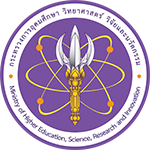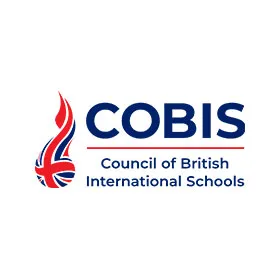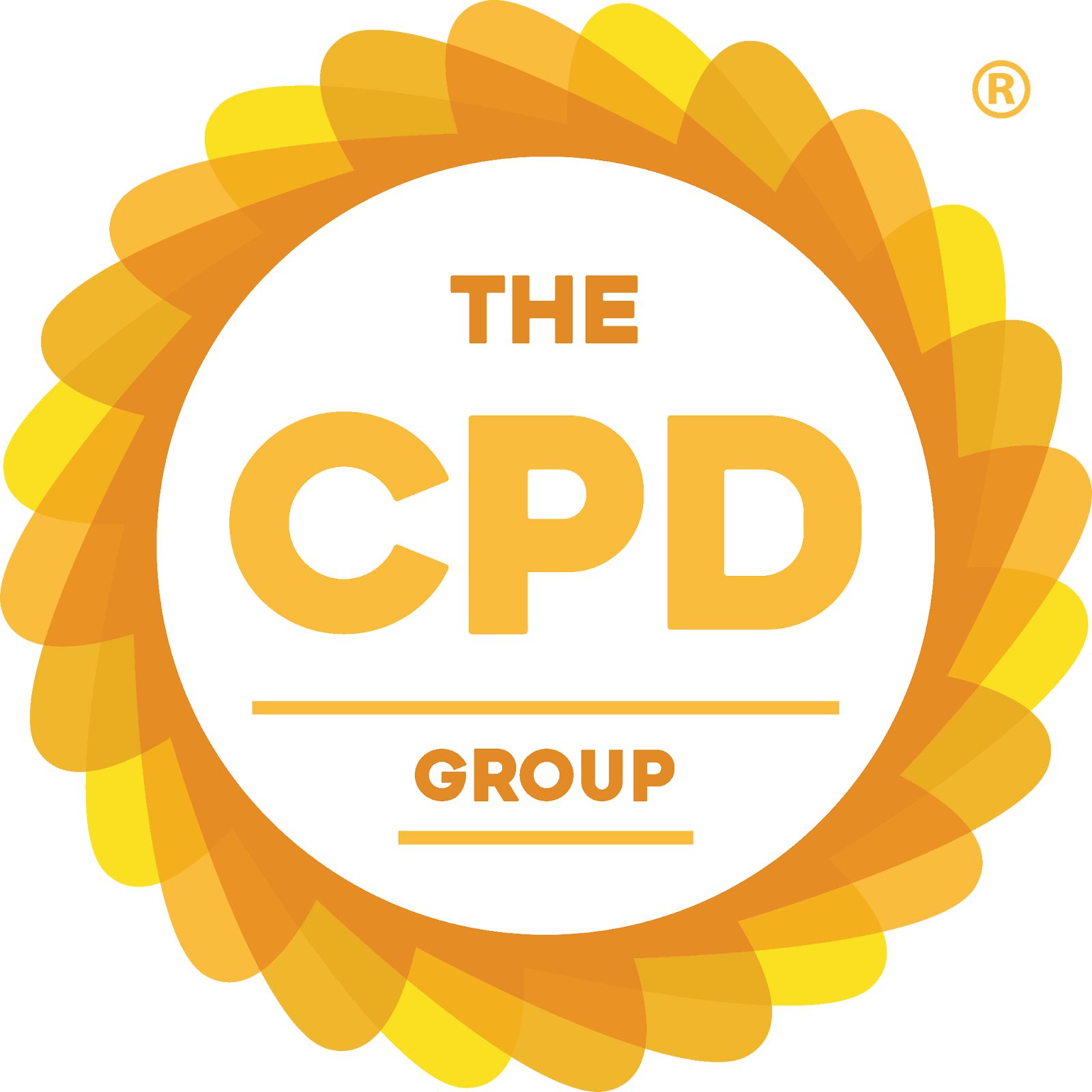Global radical transformation in education is possible and it starts with the belief that everyone has the potential to learn.
Written by Prof Dr Ger Graus OBE, KidZania
As part of our ‘GEC Manifesto for Education in Practice’ article series, Prof Dr Ger Graus OBE explores the manifesto point: Global radical transformation in education is possible and it starts with the belief that everyone has the potential to learn.
“Children are born competent in learning and in living.” [1]
Answering the questions that COVID-19 has asked of education systems around the world requires building on what we know works, but also looking ahead to what we anticipate children will need.
COVID-19 has upended schooling around the world. The pace has been frenzied and urgency has overtaken strategy as remote learning, planning how to reopen schools, and supporting children academically and emotionally took centre stage. The enormity of the challenge has left little room for deeper reflection. Play Video
Yet there are possible silver linings on the horizon as education systems begin to plan for a future, well beyond COVID-19. It is important to sit back, and think long and hard about a longer-term aim to create a better education for every child.
This thought-process starts with some old but key questions: What are we trying to achieve? Who for? By when? To what standards? And why? We know that, what unites successful provision everywhere is a focus on excellence and purpose for every child, regardless of socio-economic contexts, gender, ethnicity, or geography. It is this that should inform which aspects to keep in our current systems and where to innovate to create a better and more equitable provision for all.
There is not yet any clear evidence of a concerted political will to take on the challenge of fixing long-broken delivery models and making 21st century education better for and accessible to all – in other words, to put the money where the mouth is. This is something electorates globally will need to urgently consider.
While we should not throw out babies with bathwaters, we must also recognise that COVID-19 is driving an urgency to implement faster new models of learning and innovate beyond the conventional four-walled classrooms. At the same time, COVID-19 has shone a light on and indeed widened many of the inequities in school systems globally, from the learning environment at home to access to devices, internet, and high-quality schooling. There is not yet any clear evidence of a concerted political will to take on the challenge of fixing long-broken delivery models and making 21st century education better for and accessible to all – in other words, to put the money where the mouth is. This is something electorates globally will need to urgently consider.
In this article, I would like to invite educators and policy makers to consider with me a number of basic principles and ideas to start (re)building an education provision that will begin to better serve the needs of our children, our adults, our communities, societies and, yes, our economies, and although this may seem overwhelming, the time to start reimagining the future of our children’s education is now.
Get the basics right
Every school system must get these basic components right:
- Core skills. Children need a strong foundation in literacy and numeracy. You can’t live as well if you can’t read or write, or be as creative if you can’t do your sums. You can’t innovate without knowledge. Provision needs to ensure that knowledge is being adopted in both remote and in-person environments and thereby the use of technology becomes a further key life-skill.
- High-quality teaching and learning. Children learn best from people. Who the teachers are must be open for debate; academic experts, project managers, extra-curricular experts, role-models et al. The definition needs reassessing. While greater use of technology in education may be inevitable, technology will never replace a great teacher. Every system must develop and support all teachers, especially as they learn new skills for remote and hybrid learning.
- Performance measurement. It is hard to achieve excellence without data on current performance and benchmarks to aim toward. However, data should be used primarily to inform - to direct support to the children, teachers, schools, parents - not to punish. School systems need better, broader, appropriate assessments and better tools to help them help each child succeed.
Allocate resources equitably to support every child
Globally, there are significant inequities between countries, yet funding is insufficient to close the gap to universal enrolment, let alone to universal high-quality education. Achieving the ‘Sustainable Development Goal’ [2] “to ensure inclusive and equitable quality education and promote lifelong learning opportunities for all” will require a substantial increase in investment in the children most at educational risk.
Within countries, COVID-19 has laid bare the inequities of access to high-quality education. Those inequities emerge even before school attendance begins. Instead of helping low-income and disadvantaged children narrow the gap, the current funding mechanisms in many countries widen it.
Change will mean a move away from “The definition of insanity: doing the same thing over and over again and expecting a different result” [3]. This applies to funding, teaching, access, boundaries, ownership, leadership et al.
Rethink school structures and policies
Education systems now have an opportunity to rethink the school structures that were forged in the 18th century. Perhaps COVID-19 can be a catalyst for innovation. The list of educational innovations and possible interventions is long, but we should not just experiment with our children’s futures, yet equally, we don’t want to be held back any more by inertia or continue with failed projects.
Good schools are more than a school. In a good school “every child is everyone’s responsibility”.
Bold education systems can take an agile and research-based approach. Smart systems will also expand their partnership networks, collaborating with academia to bring the best of learning science, with employers to create linkages to the workplace, and with the business world to access funding. All school systems must challenge themselves to reshape their models to deliver a better education to every child.
Support children holistically
The correlation between mindsets and academic performance has long been clear, but the shift to remote learning put it into stark relief. Children with high levels of self-motivation, persistence, and independence have continued to thrive, while others, often from disadvantaged contexts, have struggled. Similarly, the emotional toll of COVID-19 has raised awareness of the need to address anxiety, depression, and other mental-health issues as a precondition to helping children learn. Good schools are more than a school. In a good school “every child is everyone’s responsibility” [4]. Good schools address the whole child, helping them develop skills and awareness that go beyond what they need simply to find work. Good schools play a critical role in helping children learn how to become effective citizens, parents, workers, and custodians of the planet. More than ever, we need to enable and empower good schools.
Harness technology to scale access
Research tells us that just handing out devices to children doesn’t lead to improved learning. COVID-19 has reminded us that lecturing on a video call is rarely a substitute for face-to-face learning. The challenge isn’t just to adopt new technologies but to incorporate them in ways that improve access and quality, for all. This needs to be built up from the individual children and their contexts, thus enabling and then empowering them.
Move toward experience-based learning
Experience is everything. For our children to connect with the purpose of schooling and education, we need to, of course, provide knowledge and understanding. But how? And why? We need to utilise what is available to us - in terms of technology for example, but also in terms of all that says that not all classrooms have four walls, locally, nationally and globally.
We are the facilitators enabling children to join the dots and recognise that experiences are the appliance of the science, the theory into practice, the why answers, and often the awe and wonder. We need to empower children to make sense of the world, as agents of their own change and guide them to discovering their own inspirations and aspirations. Then we need to support them in finding their roadmaps and help them to get there, from an early age.
For this to be achieved we need to become our children’s allies of empowerment. We need to make experience-based learning and partnership our modus operandus, purpose our watchword, high standards and a sense of achievement our aim, and our children’s wellbeing and preparedness for tomorrow our promise. As school systems invest in solutions for remote and hybrid learning, they can plan for a future of this blended personalised learning in and outwith the classroom, utilising “the environment as the third teacher” [5].
“If you have a strong purpose in life, you don't have to be pushed.
Your passion will drive you there” [6].
Help children become future aware
We must aim for children to understand that learning is a satellite navigation system to better places in life, locally, nationally and globally. Therefore, we need to introduce into education and schooling early opportunities to be aware of the world around us and the futures it may hold - let us for now call it Futures Awareness™.
Every year the world of work tells the world of education that what is being produced does not meet the necessary requirements in terms of skills and competencies. Our schooling now does not cater for the requirements of today let alone tomorrow. Our education systems are based on the requirements of the past. Every economic age has its core asset, and, in our time, this is knowledge, skills and character qualities.
In the digital era, educators need to expand their understanding of what it means to be literate in the 21st century: not replacing traditional learning but complementing and enhancing it.
COVID-19 has accelerated workplace automation as employers continue to automate tasks to reduce costs and minimise the spread of infection. School systems need to help children adapt to changes in the workplace and other impacts of rapid digitisation, from ethical standards and cybersecurity to the impact on health, forensics, and many other parts of the economy. In the digital era, educators need to expand their understanding of what it means to be literate in the 21st century: not replacing traditional learning but complementing and enhancing it. With the speed of change in the digital era, business leaders must also increasingly be critical partners in helping children develop work-ready skills and write their own narrative of the possible.
Invest in teachers and teaching
While education experts recognise the importance of great teachers, teacher preparation and development still fall short in many systems. That has to change, starting with creating more linkages between teacher training and local schools, much like the linkages between medical schools and hospitals to anchor learning in real-world practice, led by the experts, as well as by grasping the opportunity to reimagine teacher training and development more fundamentally by leveraging advanced technology. The role of the teacher requires rethinking and redefining to include facilitation, programme leadership, partnership development, and resource procurement and management skills.
School systems must free teachers to spend more time on high-value activities that require deep teaching expertise and relationships. This might also involve new roles, such as learning navigators to help children and families adapt to remote learning. Longer term, systems might consider a more radical unbundling of the role of the teacher, enabling individuals to take on more differentiated roles that play to their strengths, preferences, and areas of expertise.
What is critical to any successful educational transformation is that the place education holds in all societies needs to be given greater priority and higher status, and that the teaching professions are held in the highest possible esteem, made tangible by recognition and respect, and a remuneration commensurate with the responsibility of leading our young people into new and better futures.

Prof Dr Ger Graus OBE is the Global Director of Education for KidZania and a Visiting Professor at the National Research University, Higher School of Economics Institute of Education, Moscow. More importantly, he is also a Dad of three, a Dog-Walker of two, and a Husband of one.
References:
[1] Carla Rinaldi - President of the Fondazione Reggio Children
[2] United Nations General Assembly
[3] Albert Einstein - Theoretical Physicist; Winner of the Nobel Prize in Physics, 1921
[4] Vanessa Langley - Executive Headteacher, Arbourthorne and Gleadless Primary Schools Federation
[5] Loris Malaguzzi - Founder of the Reggio Emilia Approach
[6] Roy T Bennett - Author
.png?ext=.png)

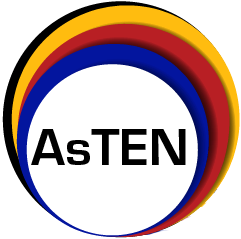
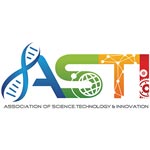

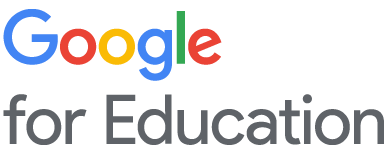

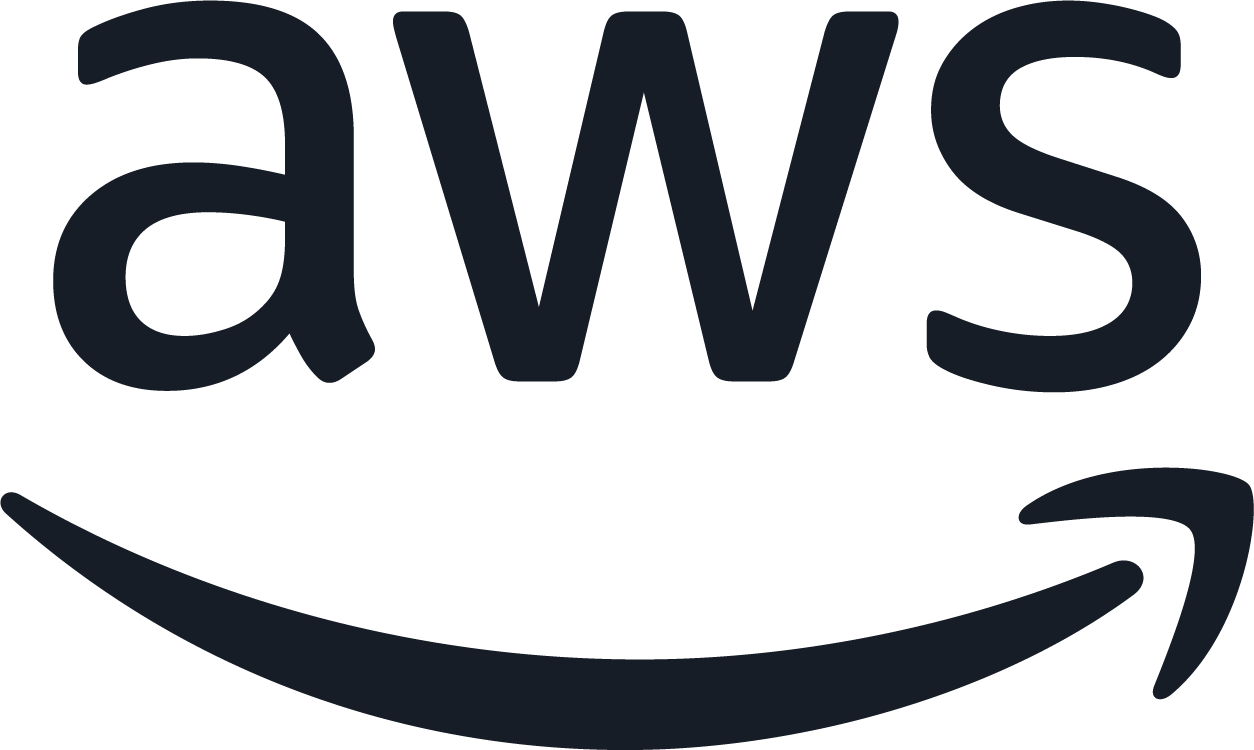
.png?ext=.png)
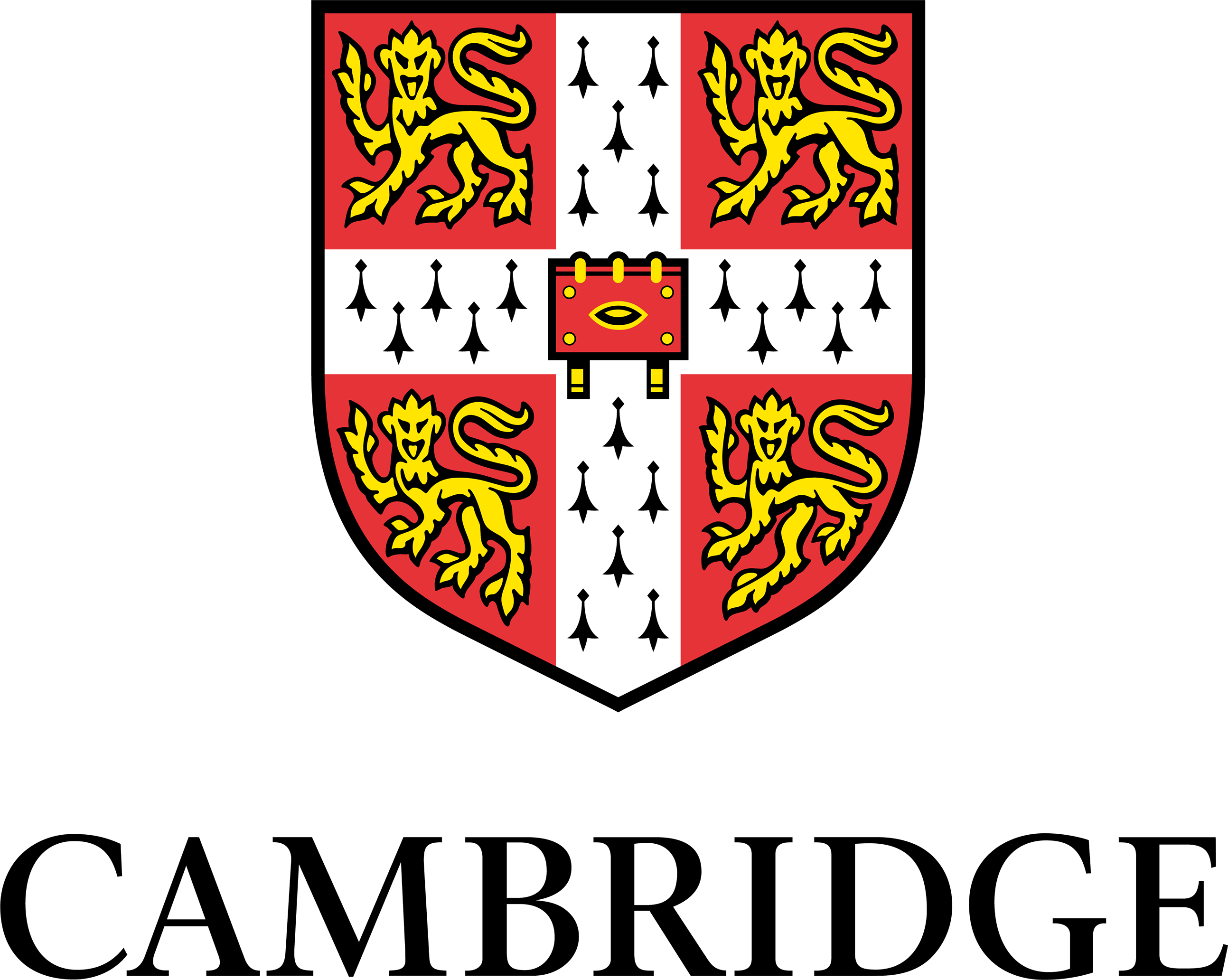
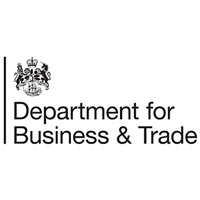
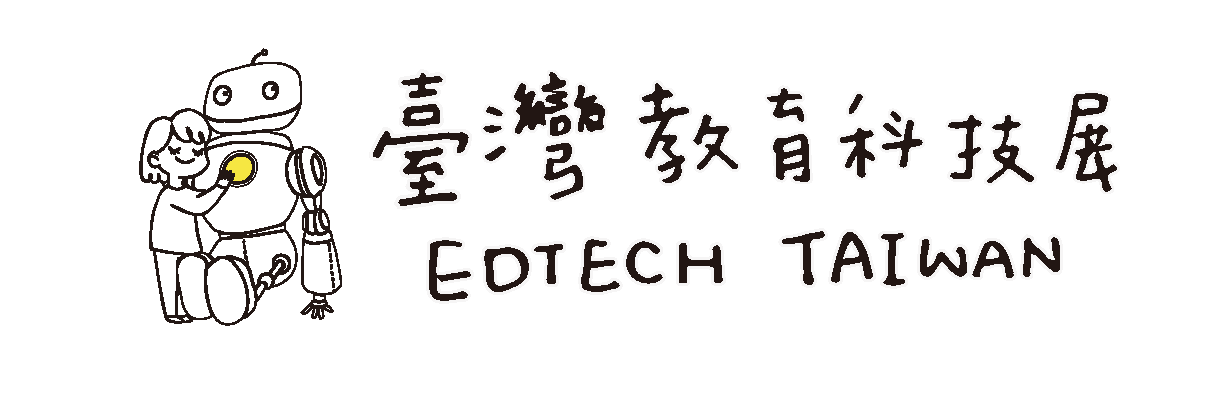

.png?ext=.png)
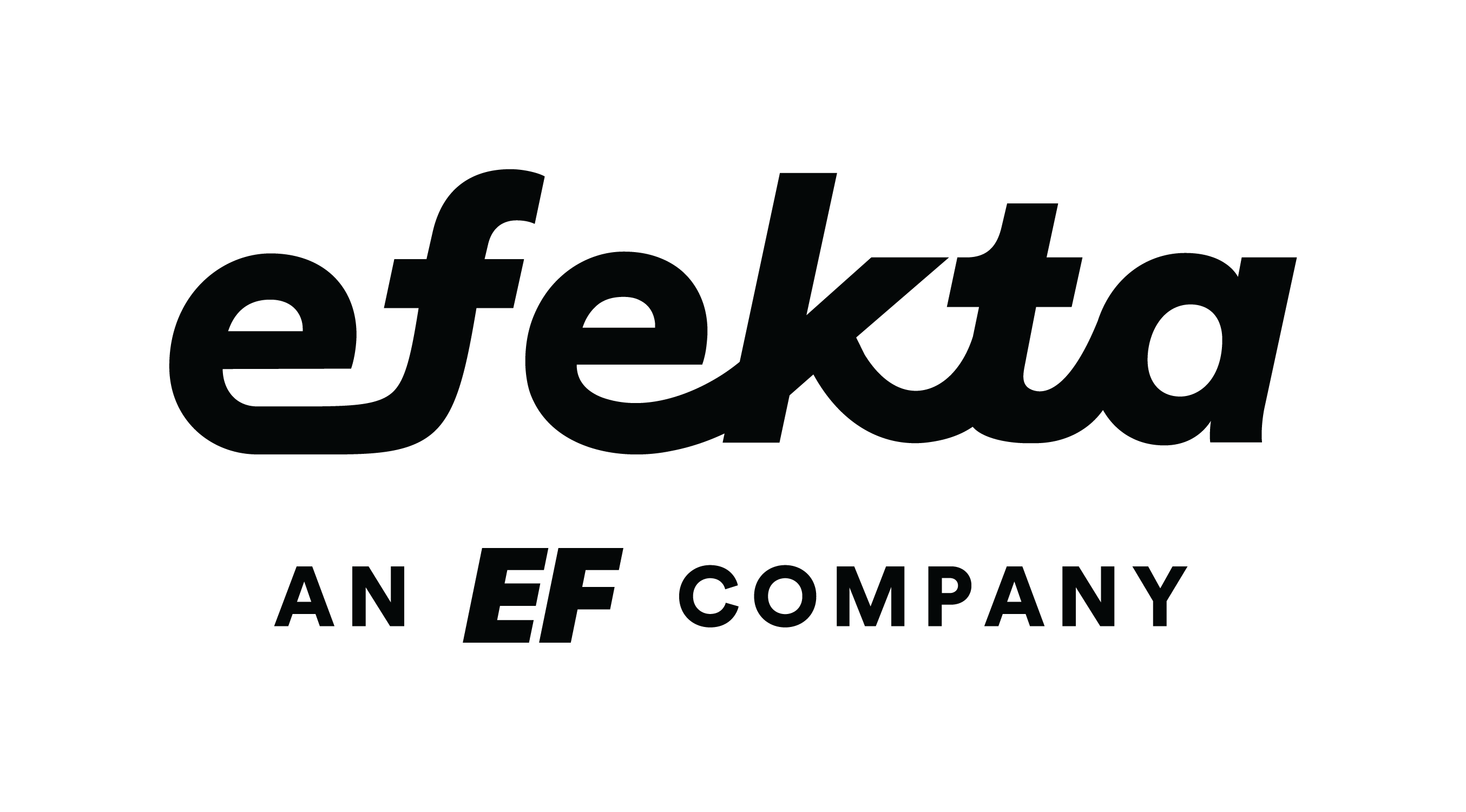
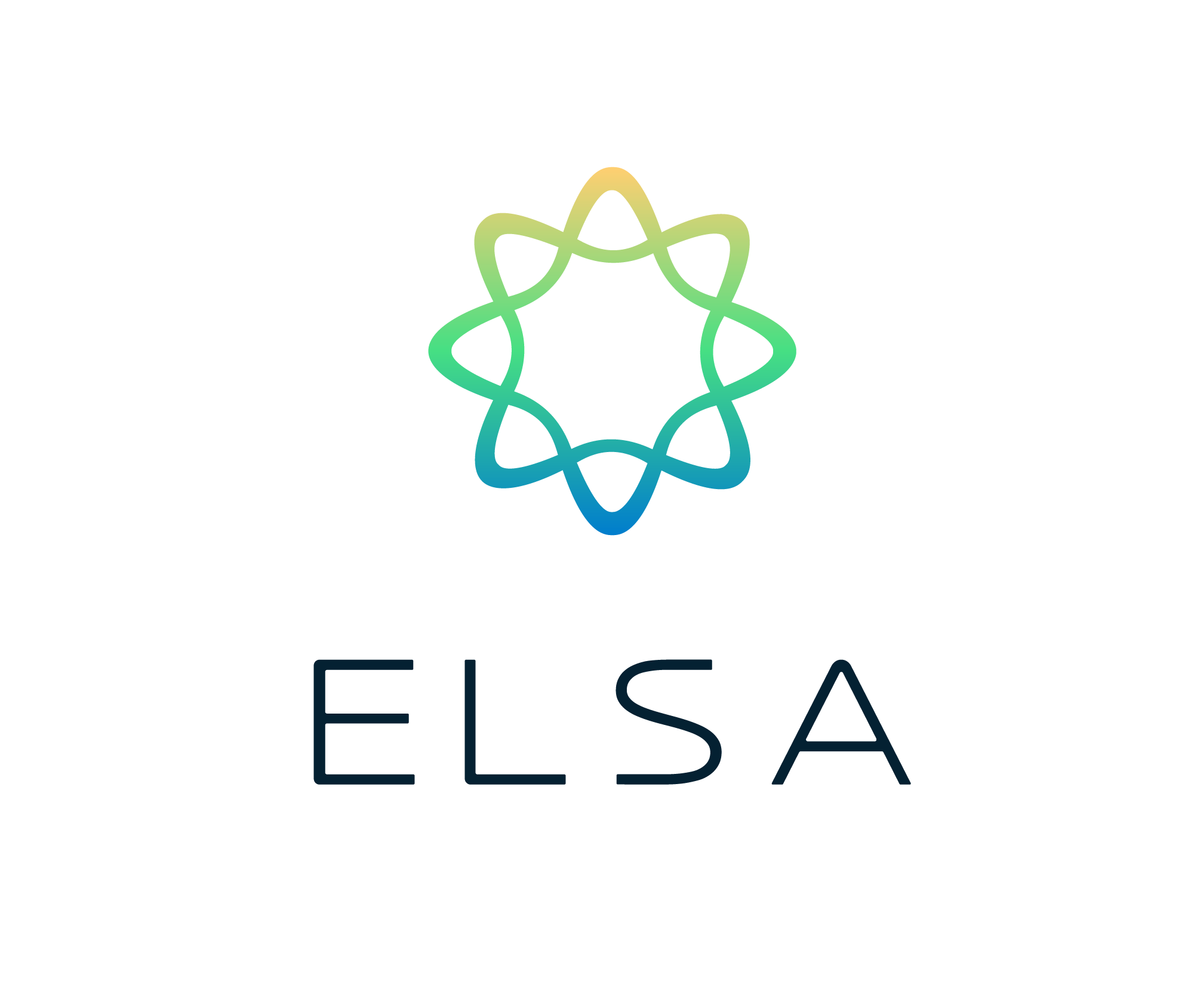
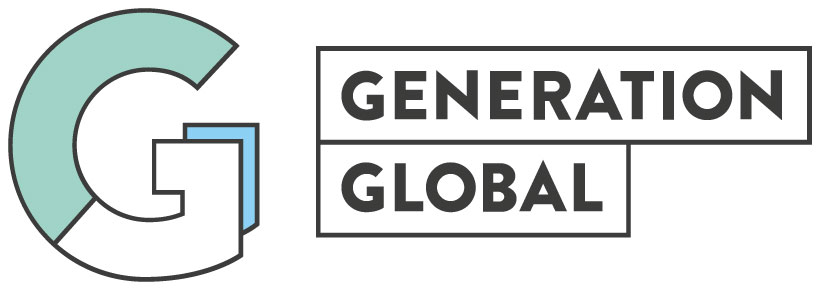
.png?ext=.png)
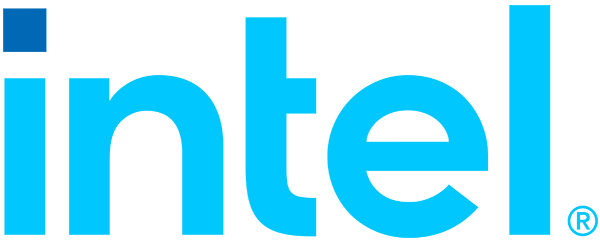




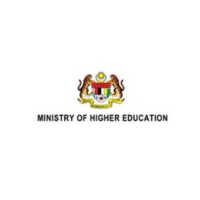

.png?ext=.png)
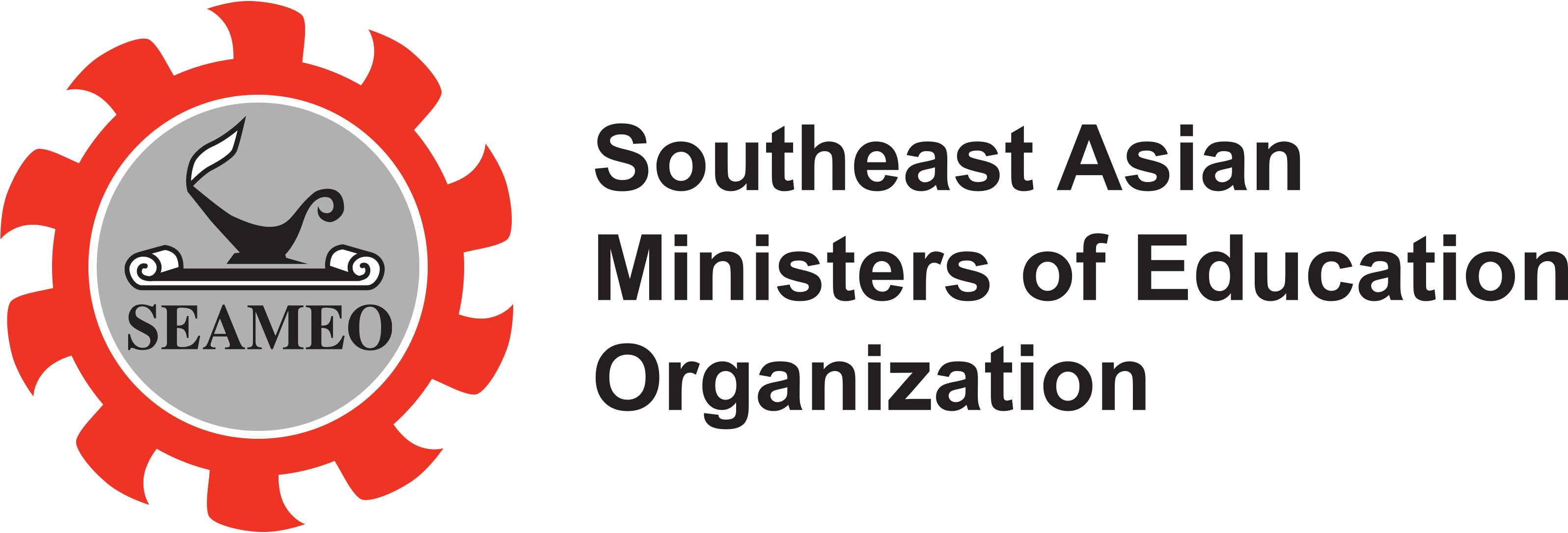
.png?ext=.png)

.png?ext=.png)

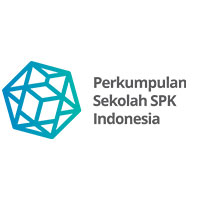

-4000px-(2).png?ext=.png)
